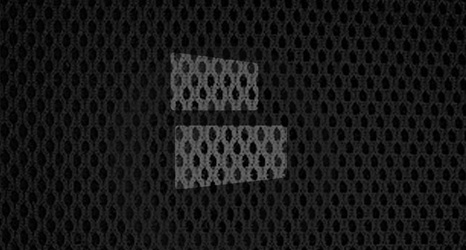Last week, CBS’ afterlife sitcom “The Good Place” debuted its fourth and final season. The story of four recently departed, morally in-between millennials (and one softhearted demon), the show is at once a story about religion and about secular morality: an ironically fantastical story about what it means to live in a time of moral and theological uncertainty.
Back when the show started, our anti-heroine, bona fide Bad Person Eleanor Shellstrop (Kristen Bell), had just been killed in a freak shopping cart accident. Due to what appeared to be a case of mistaken identity, she was assigned not to the richly deserved Bad Place but to its Stepford-suburban opposite: a peaceful Good Place in which, it seemed, everybody was far more Good than she was, especially her prescribed soul mate, Chidi (William Jackson Harper), a neurotic moral philosophy professor, and her neighbors Tahani (Jameela Jamil), a lifelong philanthropist, and Jason (Manny Jacinto), a Buddhist monk.
